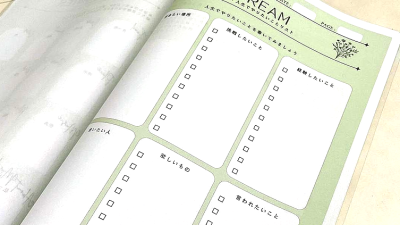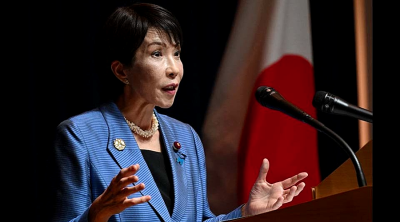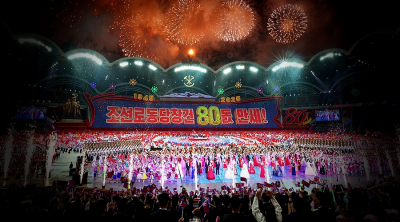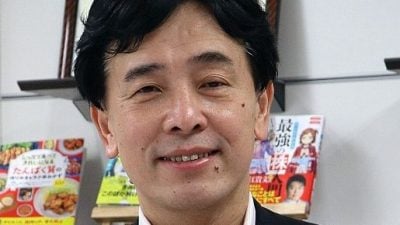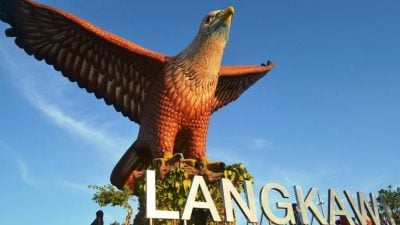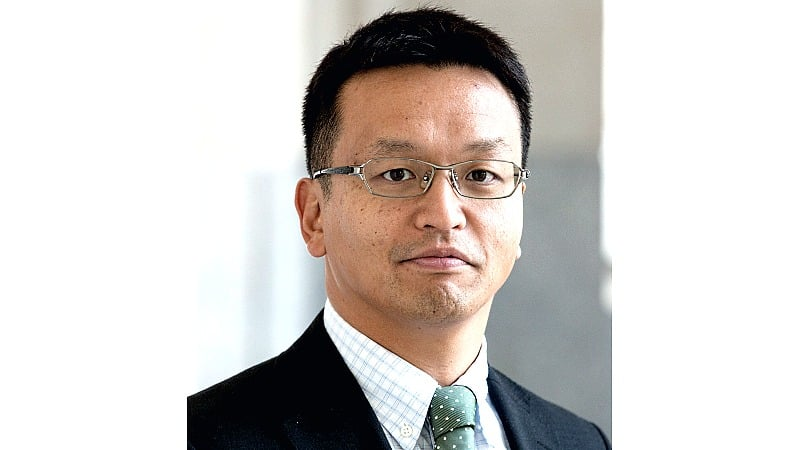
The Fumio Kishida administration, which took office in October 2021 during the Covid-19 pandemic, will soon come to an end.
Over the past three years, Prime Minister Kishida has worked to improve relations with South Korea in order to strengthen deterrence against China and North Korea.
He also revived “shuttle diplomacy” between the leaders of Japan and South Korea, which had been suspended for more than 11 years.
Meanwhile, Japan-North Korea relations remain at a standstill. Prime Minister Kishida, like previous prime ministers, has boasted that the issue of Japanese abductees is a “top priority,” but has been unable to hold a Japan-North Korea summit.
People are also tired of hearing phrases like “It is deeply regrettable that the abducted victims have not been able to return home” used by former prime ministers and cabinet members.
Only Prime Minister Junichiro Koizumi took the plunge at a Japan-North Korea summit and achieved the rescue of the abductees and their families.
Since then, eight prime ministers have served, namely Shinzo Abe, Yasuo Fukuda, Taro Aso, Yukio Hatoyama, Naoto Kan, Yoshihiko Noda, Yoshihide Suga, and Fumio Kishida, but no concrete progress has been made.
However, Prime Minister Kishida did make some efforts, and it is unfortunate that things did not move forward, as North Korea once showed some interest.
In May 2023, when a “citizens’ rally” entitled “Send All Abductees Home Together at Once, Immediately!” was held in Tokyo, Prime Minister Kishida stated, “I believe it crucial to start with building a relationship that will allow the leaders of both sides to hold candid discussions.”
He also stated, “[I have said that] we will advance high-level discussions under my direct initiative to realise a summit meeting at an early date. To this end, we are constantly making various efforts through various channels.”
He publicly expressed his desire to realise the first Japan-North Korea summit since 2004.
Pyongyang reacted quickly. North Korea’s vice foreign minister issued a statement on Japan for the first time.
He said, “If Japan tries to make a new decision from a broad perspective of recognising each other as it is intact in conformity with the changed international trend and the times, not being shackled by the past, and seeks a way out for improving the relations, there is no reason for the DPRK and Japan not to meet.”
He also said, “We are not sure what Japan is going to do and what it wants.”
He was trying to gauge Prime Minister Kishida’s seriousness. For years, North Korean media have referred to Japan’s prime ministers without an honorific, but in this statement North Korea’s vice foreign minister referred to Kishida as “Prime Minister Kishida” and used polite language throughout.
In addition, on January 5, 2024, President of the State Affairs Commission Kim Jong Un sent a telegram of condolence to “Your Excellency Fumio Kishida” after the Noto Peninsula earthquake.
It was the first time that Kim Jong Un had sent a telegram to the Japanese prime minister, and it was received with great surprise.
Then, on February 15, Kim Yo Jong, deputy director of the Workers’ Party of Korea (WPK), made her first statement to Japan.
She said, “If Japan drops its bad habit of unreasonably pulling up the DPRK over its legitimate right to self-defence and does not lay such a stumbling block as the already settled abduction issue in the future way for mending the bilateral relations, there will be no reason for the two countries not to become close and the day of the prime minister’s Pyongyang visit might come.”
If Prime Minister Kishida had decided to make some kind of compromise with North Korea at this time, the story might have changed. Japan and North Korea have been in contact in a third country since last spring, but the actual situation seems to have been limited to Japan’s offer to send a special envoy to Pyongyang.
Therefore, the North Korean side used this speech to question Prime Minister Kishida’s true intentions and urge him to make a “political decision.”
However, Prime Minister Kishida did not respond to Pyongyang’s difficult demands. To realise a Japan-North Korea summit, it is important to convince the strong public opinion in Japan of the need for dialogue, but it must be said that efforts in this regard have been neglected.
Having lost patience, the North Korean side issued another Kim Yo Jong speech at the end of March declaring that “North Korea will pay no attention to and reject any contact and negotiations with Japan.”
In a speech by Foreign Minister Choe Son Hui immediately thereafter, she made it clear that “the DPRK will not allow any attempt of Japan to contact Pyongyang” and that this is the “position of the Democratic People’s Republic of Korea.”
Even though the sacred and inviolable Kim Jong Un sent a condolence telegram to Japan, the “enemy of the millennium,” he must have felt strong anger that Prime Minister Kishida ignored his advances.
There was also a “position announcement” by the North Korean ambassador to China, revealing that a Japanese embassy official in Beijing had “proposed contact by email to the [North Korean] embassy counsellor.”
It became clear that the Japanese government had been unable to make any meaningful behind-the-scenes contact with the North Korean side, and the North Korean media subsequently resumed their criticism of the Kishida administration.
No matter how much Japan-South Korea relations deteriorate, there is a ceiling beyond which they do not worsen, and at the very least, neither poses a security threat to the other.
While strengthening friendly relations with such a neighbouring country is necessary, diplomatic negotiations with North Korea, which is clearly regarded as a direct threat to Japan, carry a different level of importance. In order to improve relations with North Korea, where even behind-the-scenes contact channels are precarious, strong leadership and diplomatic power are required to persuade public opinion.
Will Japan’s new prime minister have these qualities?
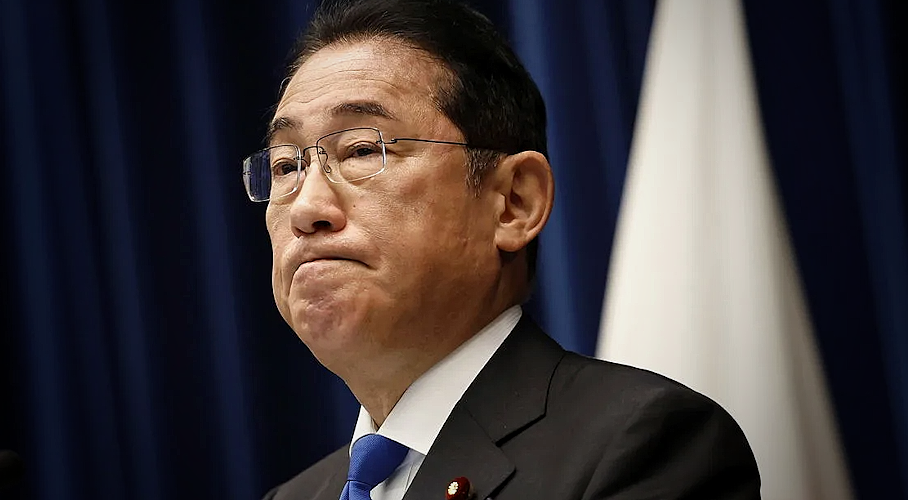
(Atsuhito Isozaki is Professor at Keio University, Japan.)
ADVERTISEMENT
ADVERTISEMENT








